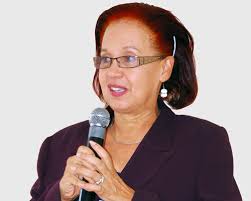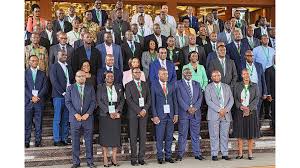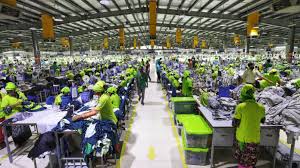Veteran Ugandan industrialist and investment champion Dr. Maggie Kigozi has called on African governments to prioritize infrastructure, reliable energy, and industrial competitiveness if the continent is to unlock the full potential of its vast natural and human resources.
Speaking during an exclusive interview ahead of the Africa Business Resilience Forum in Kampala, Dr. Kigozi reflected on her decades-long journey in business leadership, describing entrepreneurship as the key to transforming Africa’s youthful population from job seekers into wealth creators.
“Business rewards those who build, not just those who earn,” Dr. Kigozi said. “Africa’s next chapter belongs to the builders — those who create, innovate, and sustain industries that can employ millions.”
Dr. Kigozi, who formerly served as the Executive Director of the Uganda Investment Authority (UIA) and currently sits on several corporate boards, said that while Uganda and the wider East African region have made significant economic gains, long-term prosperity will depend on structural reforms.
She emphasized the need for stable energy supply, modern infrastructure, and transparent regulation to attract serious investors and enable local industries to thrive.
“Our future is bright — especially in oil, gas, and minerals,” she noted. “But to realize that potential, governments must fix infrastructure, ensure reliable electricity, and support manufacturing and agro-processing. We cannot build an economy on imports alone.”
Dr. Kigozi highlighted the urgency of equipping young entrepreneurs with both technical and emotional intelligence to navigate the challenges of modern business.
According to her, Africa’s biggest advantage — its youth — can easily become a liability if not guided with practical skills, mentorship, and patience to build sustainable enterprises.
“Many young people today want quick returns,” she said. “But lasting success comes from consistency, innovation, and resilience. True entrepreneurs build things that outlive them.”
She urged business schools and incubators to integrate social-emotional learning, leadership, and adaptability into their curricula to help young Africans manage risk, failure, and long-term growth.
Drawing lessons from Uganda’s long-standing family businesses — such as the Madhvani Group, Mukwano Industries, and Roofings Limited — Dr. Kigozi said generational transitions remain a defining challenge for African enterprises.
“What we see in companies like Madhvani and Mukwano is longevity through systems, not personalities,” she explained. “They planned succession, trained their children, and diversified early. That’s the discipline African businesses need if we are to sustain wealth beyond one generation.”
She added that small and medium enterprises (SMEs) — which account for over 80 percent of employment in Uganda — must also learn from these industrial giants by formalizing operations, embracing digital systems, and improving governance.
As one of Uganda’s most prominent female business leaders, Dr. Kigozi also spoke candidly about the gender gap in corporate leadership.
“Women still face barriers in boardrooms — often not because of lack of competence, but because of outdated perceptions about their roles,” she said. “We need policies that support women through mentorship, flexible work systems, and access to finance.”
Despite these barriers, she noted progress, pointing to a growing number of women in executive roles across East Africa’s banking, telecom, and manufacturing sectors.
Looking ahead, Dr. Kigozi predicted that value addition in agriculture, mining, and energy will define Africa’s economic renaissance over the next decade.
She called for a regional approach — where countries like Uganda, Kenya, and Tanzania leverage the East African Community (EAC) framework to harmonize trade policies, share energy resources, and build integrated supply chains.
“It’s time for Africa to stop exporting raw materials and start exporting finished products,” she said. “If we add value to what we produce — coffee, gold, oil, or cotton — we’ll keep wealth within our borders and empower our people.”
Dr. Kigozi’s message, delivered with both optimism and pragmatism, underscores a deeper truth about Africa’s development: economic transformation requires builders, not just consumers.
Her call to action — for governments, investors, and young entrepreneurs alike — is simple but profound:
“Don’t just make money. Make meaning. Build something that lasts.”



